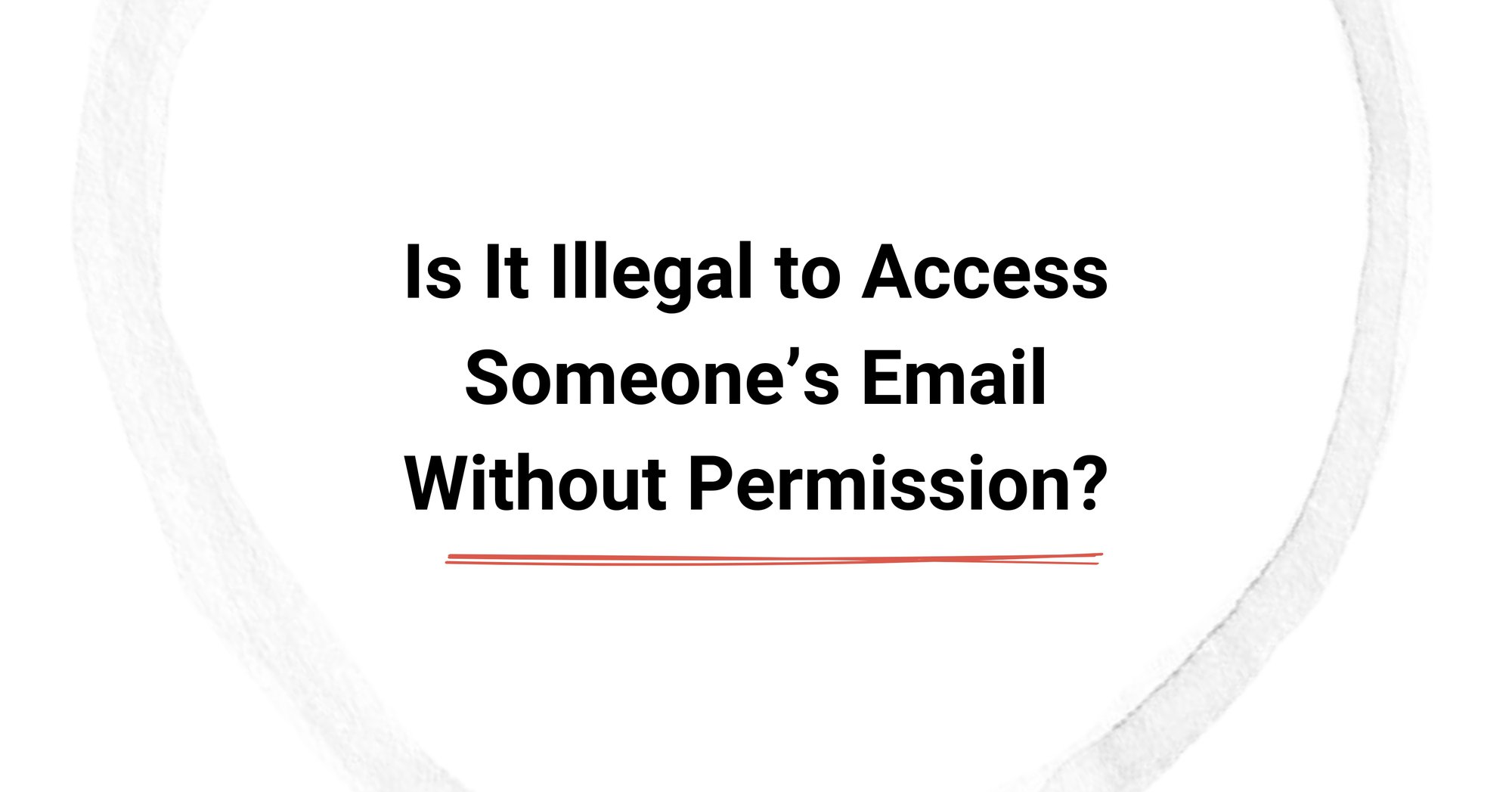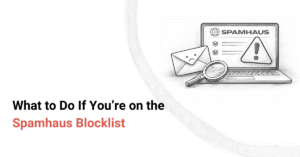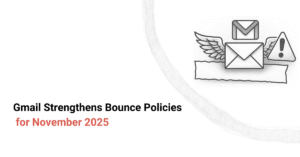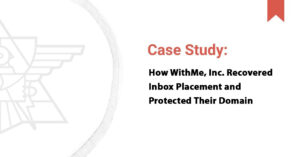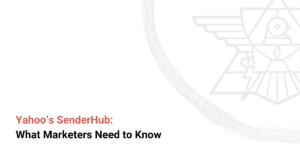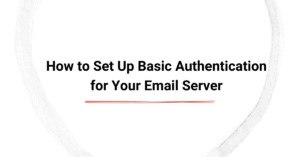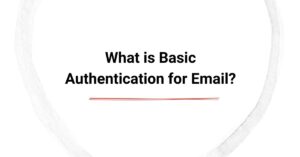As technology continues to advance and digital communication becomes more prevalent, it has never been more important to protect emails from unauthorized access. With cybercrime on the rise, it's natural to wonder: Is it illegal to access someone’s email without permission? The answer is yes. Unauthorized access to someone's email can lead to potential legal consequences, including hefty fines and imprisonment, depending on the severity of the breach and the jurisdiction in question.
Whether you’re concerned about protecting your own email or ensuring that your organization’s practices align with digital privacy standards, it is crucial to understand the legal landscape around email privacy. Moreover, staying informed not only helps you avoid violations but also strengthens your overall security posture. As a result, you can take proactive steps to safeguard sensitive information. In this article, we’ll explore the laws governing email privacy, the consequences of unauthorized email access, and steps you can take to safeguard your email accounts.
Understanding Email Privacy Laws: How They Help Protect Emails from Unauthorized Access
The legal framework surrounding email privacy is complex, involving both national and international regulations. As a result, accessing someone’s email without permission is illegal. Whether you’re concerned about unauthorized access to your personal email or your company’s communication systems, therefore, it’s important to understand the laws that are in place to protect emails from unauthorized access.

Protecting Emails from Unauthorized Access: Key Legal Frameworks and Regulations
Several key laws and regulations offer protection against unauthorized email access:
- The Electronic Communications Privacy Act (ECPA): A U.S. federal law that protects the privacy of electronic communications, including email. The ECPA makes it illegal to intercept, access, or disclose the contents of an email without authorization.
- General Data Protection Regulation (GDPR): This EU regulation offers robust protection for personal data, including email communications. GDPR sets out strict guidelines for handling personal information, and unauthorized access to email data can lead to significant penalties.
- The Computer Fraud and Abuse Act (CFAA): A U.S. law that criminalizes unauthorized access to computer systems, including email servers. The CFAA is often invoked in cases of email hacking where an individual accesses someone else’s account without permission.
Is Unauthorized Email Access a Crime?
Unauthorized email access is classified as a crime in many jurisdictions, and the penalties vary depending on the country and the specifics of the case. So, is it illegal to access someone’s email without permission? Yes, it is, and the consequences can be severe. Here’s a breakdown of how unauthorized access is treated:
- Criminal Penalties: In cases where email access involves hacking or other malicious activities, individuals can face criminal charges. The severity of the penalties ranges from fines to imprisonment, depending on the damage caused and the jurisdiction's laws.
- Civil Penalties: Victims of unauthorized email access may also pursue civil lawsuits to recover damages. This can result in financial penalties for the offender, even if no criminal charges are filed.
- Case Studies: Numerous high-profile cases show individuals being prosecuted for unauthorized email access. In one notable example, authorities charged a former employee who accessed a company’s email system after termination under the CFAA (Computer Fraud and Abuse Act).
Legal Consequences of Unauthorized Email Access: What Happens When You Don't Protect Emails
Accessing someone’s email without permission can lead to a range of legal consequences, exposing both individuals and organizations to serious business risks. Therefore, understanding these legal aspects is vital for anyone who wants to protect emails from unauthorized access. In this context, let’s take a closer look at the potential penalties for email hacking and what happens when this kind of illegal activity crosses the line.
Potential Penalties for Email Hacking
- Fines: The penalties for unauthorized email access can include substantial fines. For example, under the ECPA, violators can face fines for intercepting electronic communications.
- Imprisonment: In more severe cases, email hacking can result in imprisonment. Sentences vary depending on the seriousness of the crime and whether the offense was committed with malicious intent.
- Civil Lawsuits: Victims of email hacking may pursue civil action to seek compensation for damages. This could include recovery of lost data, legal fees, and even punitive damages in extreme cases.
Employer Email Monitoring: What’s Legal?
Employers may be tempted to monitor employee emails for security and productivity reasons, but they must adhere to certain regulations to maintain confidentiality and respect privacy rights. Here's what’s allowed:
- U.S. Laws: Employers in the U.S. are generally permitted to monitor work emails. However, they must be cautious not to infringe upon employees' privacy rights. For instance, if employees have a reasonable expectation of privacy—such as when using personal email accounts—employers are required to respect that privacy and avoid accessing any confidential information without explicit consent.
- EU Laws: The GDPR gives employees more robust privacy rights, limiting the circumstances under which an employer can access their work email. Employers must demonstrate a legitimate business need for email monitoring.
- Ethical Considerations: Regardless of the legalities, ethical issues can arise from employer email monitoring. Businesses should always implement transparent email policies that clearly communicate the rules around monitoring to protect both employee trust and brand reputation.
Can You Access a Deceased Person’s Email?
When someone passes away, accessing their email account can become a complex legal issue. So, is it illegal to access someone’s email without permission? Yes, and the same applies to deceased individuals. Here’s what you need to know:
- Legal Procedures: Family members may request access to the deceased person's email, but they usually need a court order or the deceased’s explicit consent to do so. It’s not as simple as just logging into their account.
- Policies of Major Providers: Email providers like Google, Microsoft, and Yahoo have specific policies regarding posthumous access to accounts. For instance, Google allows authorized individuals to request account access through a process called “Inactive Account Manager.”
- Digital Wills: Many people are now creating digital wills that specify what should happen to their online accounts after their death. These documents can help manage email privacy after someone passes away.
How to Protect Emails from Unauthorized Access
Now that you understand the legal consequences of unauthorized email access, let’s focus on steps you can take to protect your email from unauthorized access. One of the most effective ways to protect your email from unauthorized access is by using strong passwords and enabling two-factor authentication.
Use Unique Passwords and Two-Factor Authentication (2FA)
One of the simplest and most effective ways to prevent unauthorized email access is by using strong passwords and enabling two-factor authentication (2FA).
- Strong Passwords: Using weak passwords is one of the easiest ways for hackers to gain access to your email. Use a mix of upper and lowercase letters, numbers, and symbols to create a strong password.
- "Two-Factor Authentication (2FA) or a passkey: By enabling 2FA or using a passkey, you add an extra layer of protection to your email. Even if a hacker knows your password, they’ll need a second form of identification (e.g., a text message or authentication app) to access your account.
Preventing Phishing Attacks: A Key Step to Protect Emails from Unauthorized Access

Phishing is one of the most common methods for scammers to gain unauthorized access to email accounts. Here’s how you can protect yourself:
- Phishing Tactics: Phishers often pose as legitimate entities (banks, online retailers, etc.) to trick you into revealing your email credentials or other sensitive information. Look out for suspicious links and emails that ask for personal information.
- Verification: Always verify the legitimacy of emails by checking the sender’s address and looking for any signs of phishing (such as generic greetings or poor grammar), as human error can often lead to falling for phishing scams. Tools like Google Safe Browsing can help you identify malicious websites.
Secure Email Services for Enhanced Privacy
Consider using secure email services that provide built-in encryption, sensitivity labels, and other privacy features.. These services protect your communications and prevent unauthorized access:
- ProtonMail: Known for its strong encryption and privacy features, ProtonMail offers end-to-end encryption for all your emails.
- Tutanota: This service provides encrypted email storage and communication for privacy-focused users.
- Mailfence: A professional-grade service with advanced security features, including end-to-end encryption and digital signatures.
Steps to Take If Your Email Is Compromised
If you discover that your email account has been compromised, here’s what you should do immediately:
- Change Your Password: Change Your Password: Secure your account by updating your password to something stronger, especially if you’ve been using the same password for multiple accounts.
- Enable 2FA: Add an extra layer of security to prevent future unauthorized access.
- Report the Incident: Report the Incident: Notify your email provider about the breach. They may be able to help you recover your account using the recovery option or secure it further.Legal Actions: If you suffer significant damages due to a security breach, consider pursuing legal action against the offender.
Common Misconceptions About Email Privacy Laws
There are many myths about email privacy that can lead people to make mistakes. Let’s address a few:
"If I Know the Password, It’s Not Hacking"
Even if you know someone’s password, accessing their email without permission is still illegal. Email hacking laws apply regardless of how you gained access.
"Reading Someone’s Email Without Changing Anything Isn’t a Crime"
Simply reading someone’s email without altering it still counts as unauthorized access. Email privacy laws protect the contents of emails, and accessing them without permission is a breach.
"Work Emails Have No Privacy Protections"
While work emails may be subject to monitoring by employers, employees still have privacy rights regarding certain communications. Businesses must comply with cybersecurity laws and respect privacy boundaries.
Tools to Protect Email Privacy
Here are some essential tools to help you protect your email privacy:
Encrypted Email Services
- ProtonMail
- Tutanota
- Mailfence
Email Security & Authentication Tools
- Google Advanced Protection
- DMARC Analyzer
- MXToolbox
Phishing Protection & Spam Filtering
- Microsoft Defender for Office 365
- SpamTitan
- Avanan Cloud Email Security
Conclusion
Unauthorized use or access to someone’s email is illegal and can have serious legal consequences, including fines, imprisonment, and civil lawsuits. So, is it illegal to access someone’s email without permission? Yes, email privacy laws like the ECPA, GDPR, and CFAA protect individuals from email hacking and guarantee that personal data remains secure. To avoid becoming a victim of unauthorized access, make sure to use strong passwords, enable two-factor authentication, and stay vigilant against phishing attacks.
Concerned about how to protect emails from unauthorized access? Contact us today for expert guidance on securing your digital communications!

